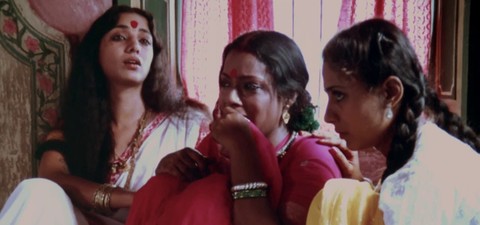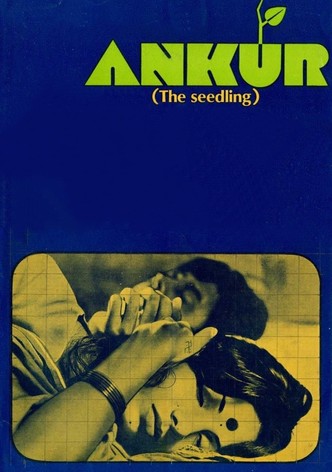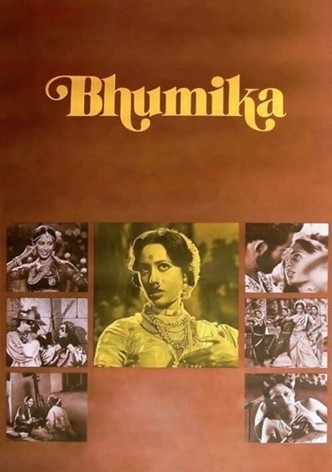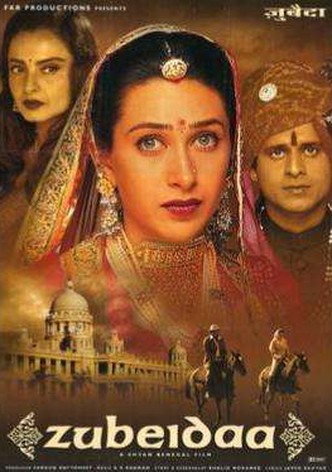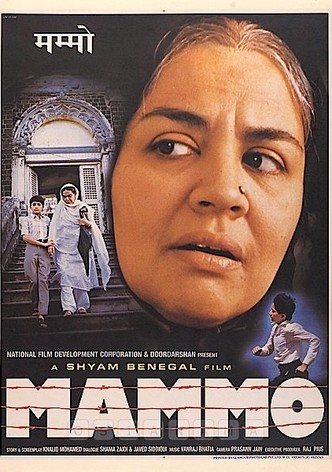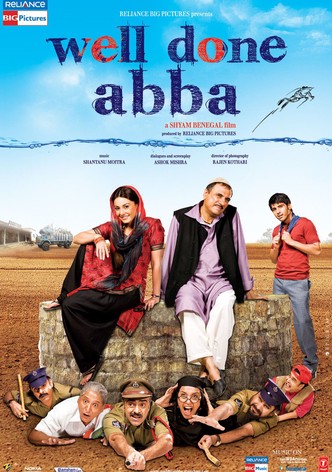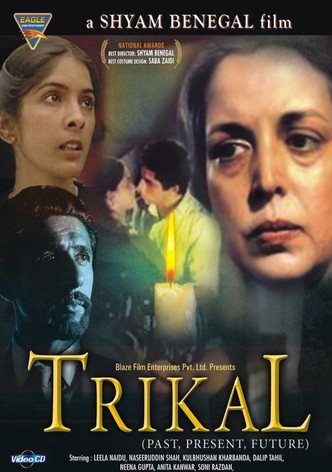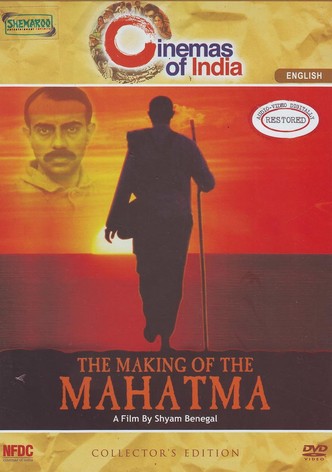Shyam Benegal, a groundbreaking filmmaker and a key figure in the development of Indian parallel cinema, has made an enduring impact on the industry with his profound narratives, social consciousness, and innovative cinematic techniques. Over the decades, Benegal has consistently challenged traditional norms and explored the complexities of Indian society.
Even at the age of 89, the highly versatile filmmaker continues honing his craft with his latest work being the 2023 biopic Mujib: The Making of a Nation, a joint Indian-Bangladeshi production on Bangladesh’s first President Sheikh Mujibur Rahman.
Early acclaim with Ankur
Benegal's career took a significant turn in the early 1970s with his directorial debut, Ankur (1974). This marked the genesis of a cinematic movement known as the parallel cinema movement, which aimed to provide an alternative to mainstream cinema by addressing social issues and human experiences in a more realistic manner. Ankur garnered critical acclaim and international recognition, establishing Benegal as a filmmaker with a distinctive voice and a commitment to telling stories with social relevance.
A New Wave
A pivotal moment in Shyam Benegal's career was the creation of the "Benegal New Wave," a cinematic movement characterized by films that defied conventions and delved into socio-political issues. Following the success of Ankur, Benegal continued to contribute to this movement with impactful films like Nishant (1975), Manthan (1976), and Bhumika (1977). These films not only broke away from mainstream storytelling but also provided a platform for actors and technicians to explore their craft in a more nuanced and meaningful way.
Manthan: India’s first crowdfunded film
The film Manthan holds special significance in Benegal's career due to its unique crowd-funding model. Over five hundred thousand farmers contributed two rupees each to finance the production, exemplifying Benegal's innovative approach to filmmaking and his ability to engage with social issues on multiple levels. Manthan received critical acclaim and became a landmark film in the parallel cinema movement, highlighting Benegal's dedication to socially relevant cinema.
Shyam Benegal's collaboration with renowned playwright and screenwriter Vijay Tendulkar stands out as another milestone in his career. Together, they created impactful films like Nishant and Manthan, shaping the narrative structure of parallel cinema and giving a voice to marginalised communities.
Foray into TV and film education
The historical anthology television series Bharat Ek Khoj (1988), based on Jawaharlal Nehru's book The Discovery of India, represents another noteworthy achievement in Benegal's career. This epic historical drama, spanning 53 episodes, explored the richness of Indian history, culture, and philosophy.
Shyam Benegal's influence on Indian cinema extends beyond his directorial ventures. As a teacher and two-time chairman of the Film and Television Institute of India (FTII) in Pune, he played a pivotal role in shaping the education and training of aspiring filmmakers from the late 1960s to early 1970s.
Why is Mandi Shyam Benegal’s best movie?
Mandi, a cinematic gem by Shyam Benegal, is celebrated for its poignant social commentary, stellar ensemble cast, and feminist undertones. Set in a brothel, the film skillfully explores power dynamics and societal complexities, using the microcosm as a metaphor for political landscapes. Strong characterizations, political allegory, and the director's nuanced approach elevate Mandi beyond a traditional social drama.
With meticulous craftsmanship, Benegal blends satire and seriousness, creating a timeless narrative that resonates with audiences. The film stands as a testament to Benegal's directorial prowess, addressing profound themes with authenticity, depth, and enduring relevance.
Where can you stream Shyam Benegal’s filmography?
From mainstream options like Prime Video and ZEE 5 to niche picks like Mubi, Shyam Benegal’s best movies can be accessed on numerous OTT platforms.

